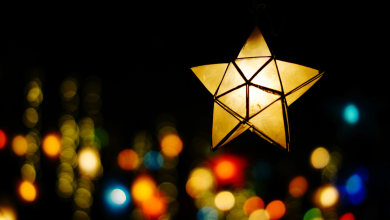The Mohammed Bin Rashid Space Centre in Dubai is developing its first space probe that will study Mars’ atmosphere, as the United Arab Emirates plans to send citizens to the red planet in the future.
The space probe, named “Hope Mars Probe” is set to orbit Mars in 2020, and reach the planet by 2021, to coincide with the 50th founding anniversary of UAE.
“The data will be available internationally to benefit the whole world,” said Salem Humaid AlMarri, assistant director general for science and technology at the space center. “We also want to inspire the next generation of Emiratis and get more people to go into science fields.”
However, the country will need the assistance of Mitsubishi (MSBHY) or Musk’s SpaceX to carry the payload into space as it lacks rocket technology in the present, project manager Omran Sharaf told CNN.
UAE is funding its homegrown space program via its rich oil resources. As of now, the Gulf state has already invested 20 billion dirhams ($5.4 billion) in the program as the country aims to be a space technology hub in the region.
The space program is a way of diversifying the Gulf state’s economy away from oil and gas by developing new areas of expertise.
Emiratis in Mars
UAE wants to build the first human settlement on Mars, starting in 2117. Presently, Dubai is constructing a Mars City to simulate life on the planet. The first phase of the project is expected be completed by 2020.
More than 3,000 people, aged between 17 and 67, have applied for its astronaut program. Twenty five percent of the applicants are women and most of them are science, technology, engineering or mathematics graduates.
Four will be selected and will train around two to four years. The Dubai space center is talking with NASA, Russia’s Roscosmos, the European space agency and private companies for the training program development.
First Arab satellite
UAE is set to send a first ever satellite built entirely by Arab engineers into space at the later part of 2018.
The satellite, named as “KhalifaSat”, was developed at Dubai space center, which employs 200 Emirati nationals. It was flown to South Korea where it will undergo final testing before heading to Japan for launch.
The UAE has launched satellites in 2009 and 2013 that they developed with South Korean partners.
“This region was a strong contributor to society over 1,000 years ago … It’s time that we come back, it’s not impossible,” said AlMarri.
“The UAE is leading by example. We are showing that we can do it.”



